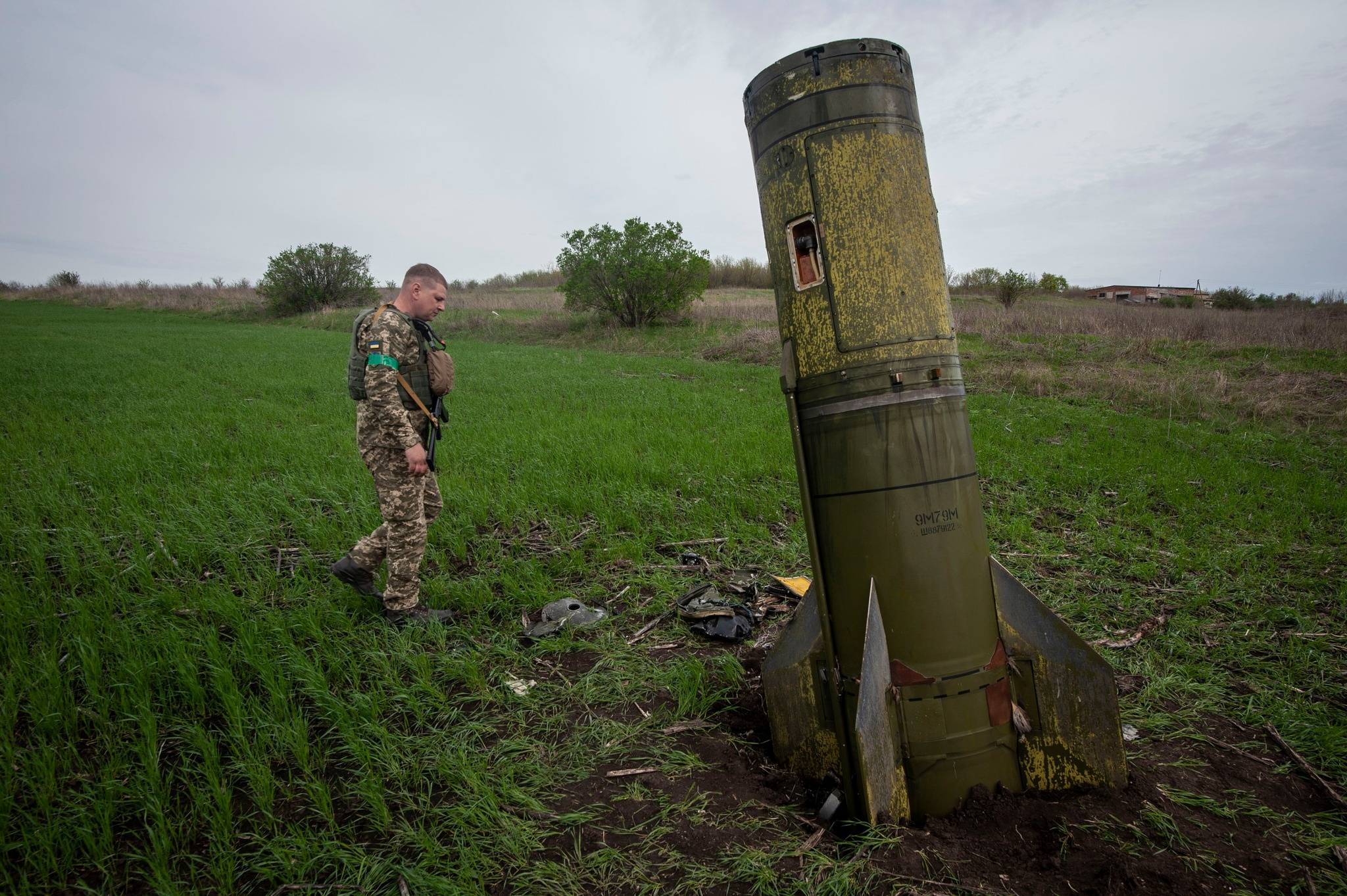The White House went into damage-control mode after Gen. Mark Milley, chairman of the Joint Chiefs of Staff, suggested that there’s no military solution to the Russia-Ukraine conflict and diplomacy is needed to end it: The official U.S. position is that Ukraine itself should set the terms of the peace and decide when, if ever, it’s ready to talk.
Yet after the recent incident with two missiles landing in Polish territory after a massive Russian strike on Ukrainian power stations, it should be clear why Milley appeared to swim against the U.S. policy tide.
The danger of accidental escalation, or World War III, of a nuclear exchange is ever-present while large-scale military action continues in Ukraine. Even if the projectiles that hit Poland were fired by the Ukrainian missile defense and Poland and its NATO allies treat the strike as an accident, there’s no guarantee the next alarm won’t lead to a need for NATO to get fully involved. That threat trumps — at least from a U.S. perspective — the rest of the fallout from the war, such as the influx of refugees to the European Union, the depletion of European stocks of weapons and ammunition or the energy price hikes. In many ways, the U.S. even profits from the conflict as its defense industry receives more orders, its energy exports become indispensable and its status as the Western world’s security pillar is consolidated — but only until it finds itself in an escalation spiral.


















With your current subscription plan you can comment on stories. However, before writing your first comment, please create a display name in the Profile section of your subscriber account page.